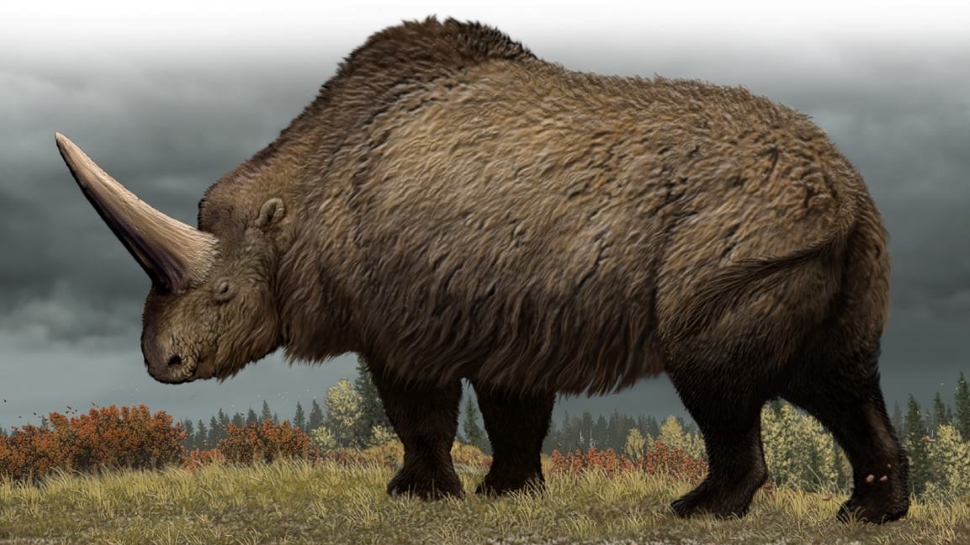A Massive Rhino with a Unicorn-like Horn Lived in Siberia

Remains of a massive species of rhinoceros have been recently identified. Nicknamed ‘’Siberian unicorn’’ due to its large horn the species is thought to have lived in the same zones as the early humans.
Researchers used carbon dating in order to analyze 23 specimens of rhinoceros during a study. While this may not be the equivalent of the fairly-tale unicorn it can be traced to select areas in Europe and Central Asia. The species disappeared 39,000 years ago when the Neanderthals and early humans started to spread around the world.
It was previously thought that the rhinoceros, classified by researchers Elasmotherium sibericum, disappeared approximately 200,000 years ago.
Another surprising discovery is the fact that the extinction of the species didn’t involve hunting activities led by humans or the beginning of the last Ice Age.
What killed them is a climate change that was more subtle than many believed. 40,000 years ago a previous Ice Age was ending and the Earth started to warm up. Increased temperatures lead to the reduction of the grasslands and Siberian rhinos ran out of food since their diet depended on dry grass.
Other rhinoceros species survived because their diet was more diverse and they were able to survive the changes that took place.
Only five out of 250 distinct species of rhinoceros remain today and three of them are critically endangered according to official statistics. Extensive hunting over the centuries led to the untimely death of thousands of rhinos as poachers made a sizeable profit.
The demand for rhinoceros horns continues to be high even in our days. Many cultures view it as a potent natural remedy for a host of afflictions. Some also like to collect is as a status simple since it is very hard to get and particularly expensive.
Scientists hope that future research will allow them to save the current rhinos, which are very picky when it comes to choosing a habitat.
0 comments